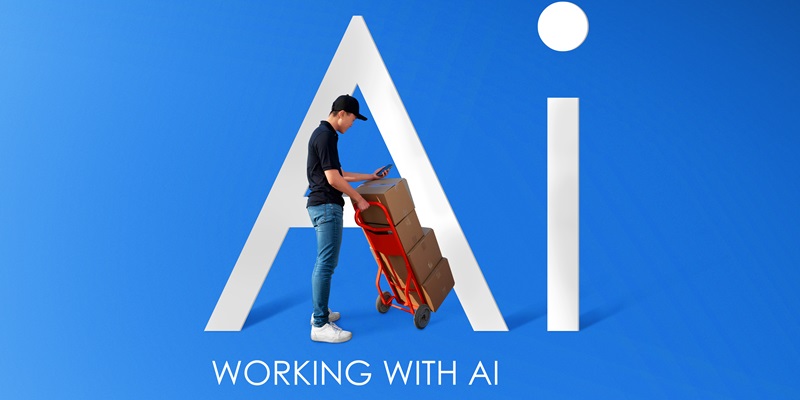In a groundbreaking study, researchers from MIT have challenged the prevailing belief that artificial intelligence (AI) will rapidly replace human jobs. Contrary to popular misconceptions, the research reveals that the majority of jobs previously identified as at risk of AI displacement are not economically beneficial to automate. This article delves into the findings of the MIT study, reevaluating the pace of AI disruption and exploring the economic viability of automation.
Reevaluating the pace of AI disruption
The forthcoming AI disruption might happen slower—and with less dramatic impact—than what some commentators have been suggesting. While fears of widespread job displacement have permeated public discourse, MIT researchers have shed light on the exaggerated claims regarding the speed and impact of AI on the job market. By critically analyzing the potential of AI automation, the study helps provide a balanced perspective on the future of work.
Task Automation Potential
The MIT study highlights the significant potential of AI in automating various tasks. From routine data analysis to repetitive administrative duties, AI has the capability to handle numerous job functions. However, the researchers emphasize that many of these tasks are currently not attractive for automation. It is crucial to understand that even though AI possesses the capability, its economic application is limited to specific contexts.
The economic viability of automation
Delving deeper, the MIT researchers assess the economic attractiveness of automating vision tasks, an area often considered ripe for AI displacement. Surprisingly, the study reveals that only 23% of the wages paid to humans for performing such tasks would be economically advantageous to automate with AI. This suggests that humans remain the better economic choice for carrying out certain aspects of jobs, displaying a level of efficiency and adaptability that AI struggles to replicate.
Human superiority in certain job aspects
While AI technology continues to advance, humans still hold the advantage in specific job aspects. The researchers acknowledge that despite AI’s potential, humans possess unique qualities that contribute to their economic superiority in certain tasks. These include critical thinking, creativity, complex problem-solving, and emotional intelligence. Such skills are essential in areas where adaptability and human intuition are paramount.
Time frame for economic efficiency
Although AI technology is improving rapidly, the MIT study presents a sobering projection for the timeframe required for computer vision tasks to become economically efficient. Even with an annual decrease in cost of 20%, it could still take decades for AI to reach a point where it becomes financially feasible for firms to automate vision tasks. This highlights the importance of understanding the long-term timeline for AI deployment and the need for realistic expectations.
Limitations of the study
While the MIT study is an important contribution to the field, it is crucial to consider its limitations. The research primarily focuses on cases where AI replaces human labor, omitting the potential for AI augmentation. It also fails to factor in the potential cost savings that come from pre-trained AI models like GPT-4. These limitations underline the need for further research to explore the broader impact and implications of AI on the job market.
Implications for Policymakers
The results of the MIT study have significant implications for policymakers. It reinforces the importance of preparing for AI job automation without succumbing to undue panic. Policymakers should take a proactive approach by investing in reskilling and upskilling programs, fostering innovation, and creating adaptive policies that protect workers while encouraging the responsible use of AI technology. The study serves as a wake-up call, reminding governments to stay proactive in addressing the potential impact of AI on the workforce.
The MIT study challenges popular assumptions about AI job automation, offering a more nuanced perspective on the subject. The research indicates that while AI has significant potential for task automation, many jobs are not economically attractive to automate at present. Humans continue to excel in certain aspects of work, and the economic efficiency of AI remains a gradual process. However, the study also reminds us that this is not a reason for complacency. Policymakers must strike a balance by preparing for AI job automation while simultaneously harnessing the benefits of the technology. This work points to the importance of decreasing the costs of AI deployments and increasing the scope of how they can be deployed. As we navigate the evolving landscape of AI, it is crucial to prioritize the well-being of the workforce and embrace the opportunities that AI presents with cautious optimism.

